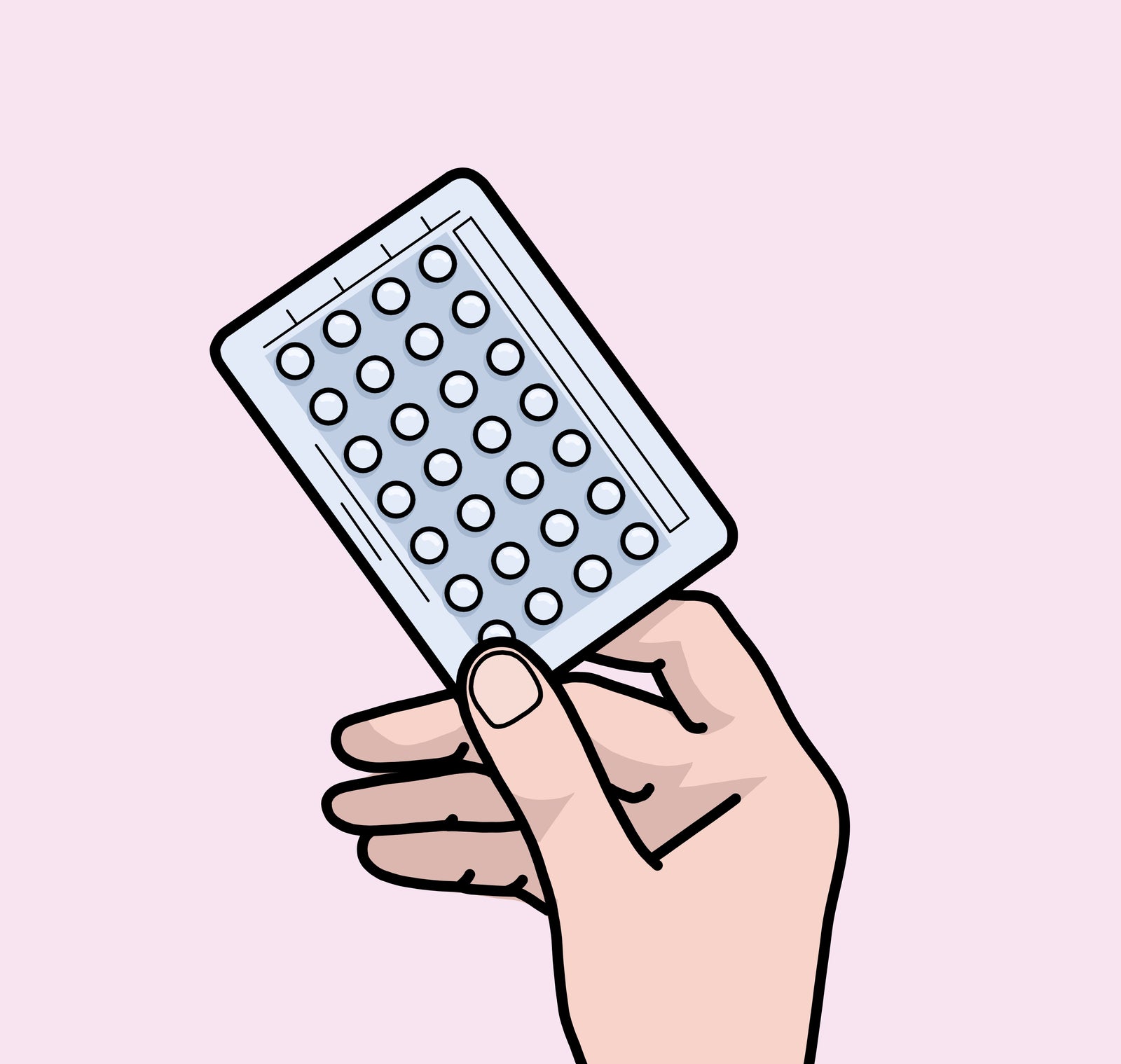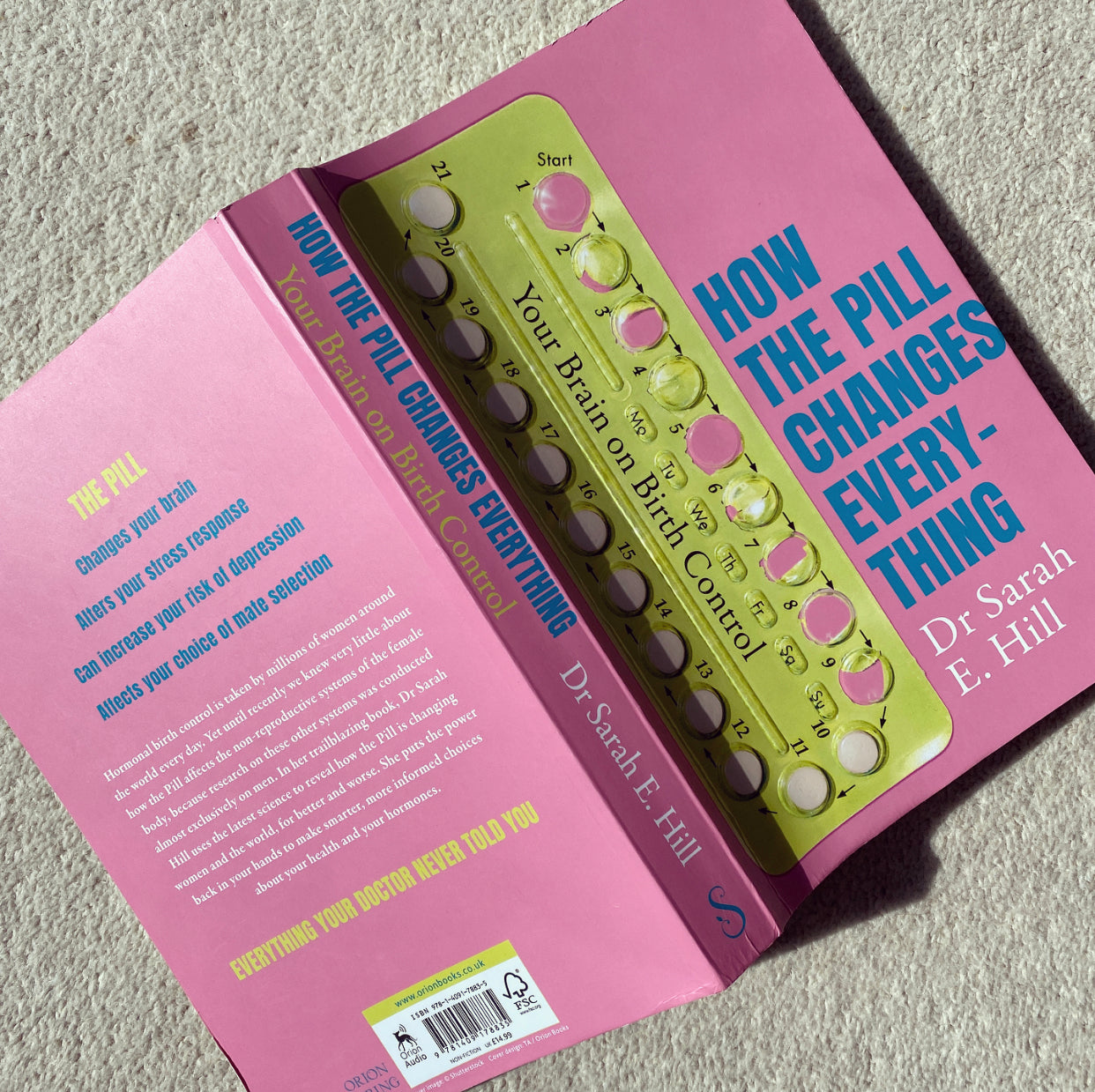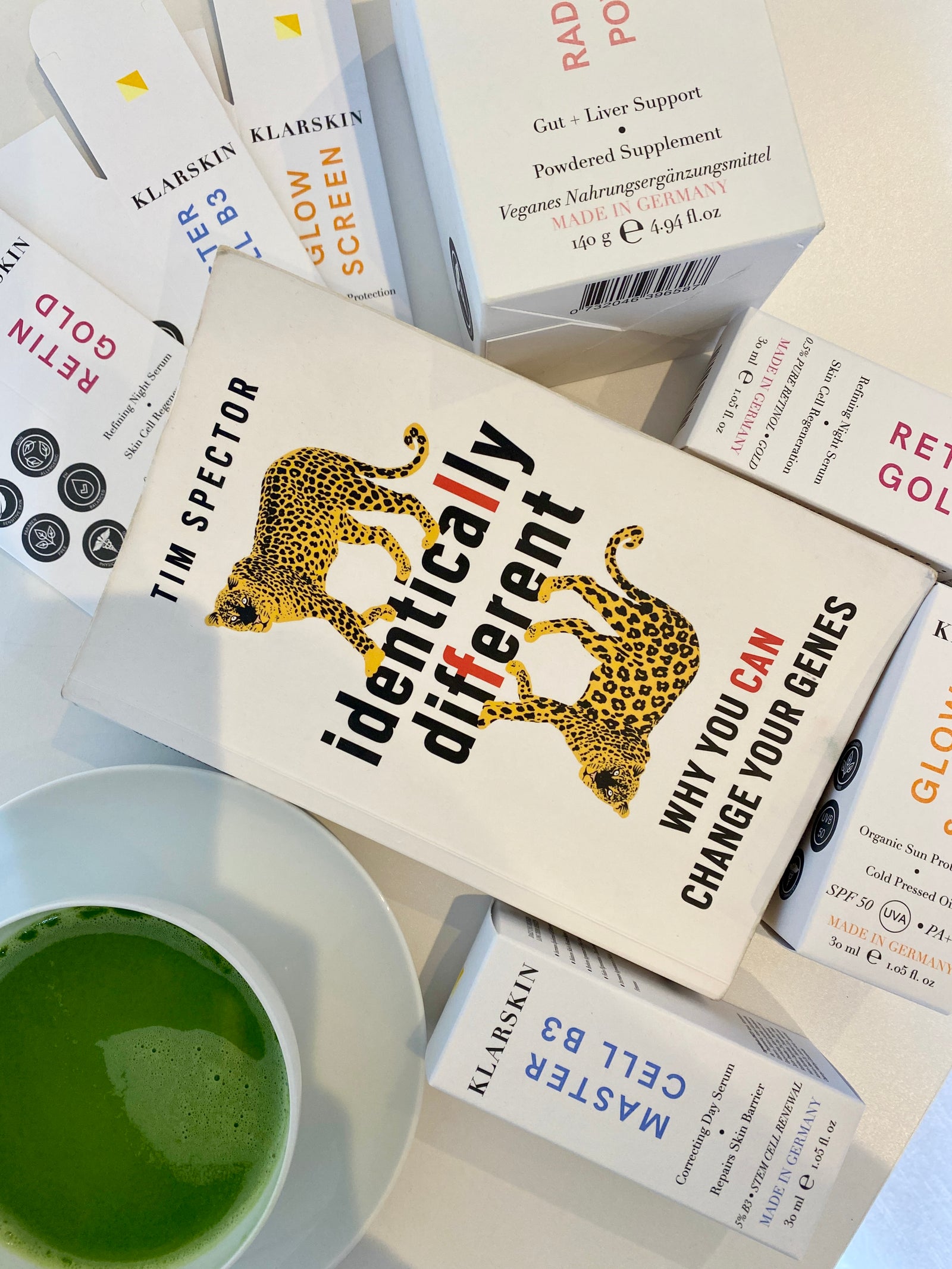SARAH HILL'S 'THIS IS YOUR BRAIN ON BIRTH CONTROL'
According to FPA.ORG two-thirds of women aged 20–24 in the UK are currently on the contraceptive pill. Similar to women in the same age group in all western countries.
We invest a lot into research and trends at Klarskin, and a topic I have noticed coming up time and time again is women coming off the contraceptive pill and not only seeing huge physical changes and fluctuations (breakouts, weight changes, hair growth/loss, etc) but mental and emotional shifts too.
I have read several studies as to why this is, but Dr Sarah Hill’s book covers a lot of the research in a digestible way. So here are my takeaways to consider if you are coming off the contraceptive pill at any stage. If you think you have a hormonal imbalance, consult your medical practitioner and check out our blog post on signs of possible hormonal imbalances and a list of recommended remedies here: My Natural Remedies for Hormonal Imbalances.

1. Consider that there are many types of contraceptive pills on the market today. Some are estrogen dominant, some progesterone, some combined – to what extend varies vastly. If you don’t understand what type you are on ask your doctor as this could have a huge impact on the changes you experience once you come off the pill. Page 93 of Dr Hill’s book provides a breakdown of Progestins and Estrogens in some frequently used hormonal contraceptives, and splits up the generation, estrogen and progestin type and amount.
2. Dr Hill makes a point of clarifying that our hormones are not something that happen to us – we are our hormones. The pill changes our hormones, and can change our brains. It disrupts our cortisol responses (cortisol plays a huge role in telling us when both good and bad things are happening). It alters our sexual standards. Ultimately going on and off the pill has the ability to prompt a change in identity, something that scientists are still exploring.
3. Birth control pills ARE hormones. There are hormone receptors everywhere in the body that affect female sex hormones, attraction, stress, hunger, eating patterns, emotion regulation, friendships, aggression, mood, learning and many other things. It is important to realize that the pill changes who you are.
4. As pill taking women don't ovulate they don't experience the pre-ovulatory surge that increases attention to markers of genetic quality in men. This means there is a probability that women on the pill decrease the priority they place on a partner's sex appeal and instead prioritize caregiving qualities in response to the progesterone-dominant hormonal profile mimicked by the pill.
5. Pill taking women have altered cortisol levels. One study shows how cortisol should follow a circadian rhythm, reaching its daily peak 30 mins after waking up, however women on the pill have lower morning cortisol levels and even lower cortisol levels than what is observed in most healthy adults in the afternoon. This study also measured administered cortisol doses in pill and non pill taking women and essentially concluded that women on the pill have maxed out their ability to manage excess cortisol, which can essentially lead to chronic stress. Dr Hill explains that the science is still new on this, but suggests these responses could lead to negative effects on your brain, moods and even immune system.
6. Our moods are influenced in significant ways by our hormones, and due to this the pill has the ability to change howe we feel. Sometimes this is for the worse, but in the case of PMS this could be for the better (see point
7. The pill has proven useful in helping regulate extreme PMS symptoms. Dr Hill explains that PMS and PMDD symptoms are believed to be caused by abnormal psychological responses to changing levels of hormones across the cycle. The Pill keeps these hormonal fluctuations stable and unchanging.

I will conclude by saying that Dr. Hill makes it clear that there is a direct correlation between the number of women receiving bachelor's degrees, progressing professionally, and the contraceptive pill. Although men used to earn more college degrees than women, women are now outperforming men by most educational metrics. This is only one of many benefits that the contraceptive pill has afforded us by taking the risk of pregnancy away - and this is no small feat. Dr. Hill mentions the benefits the pill has had for women many times in her book and goes in depth about the socio-economic progress we have made as women thanks to the contraceptive pill.
Even with all of this information, I think 'How the Pill Changes Everything' is an important read for every woman coming off the contraceptive pill. Speaking with customers daily, there is so much confusion yet so many obvious links between our hormones and our minds, bodies, and even achievements in life that we should be aware of.
Hope you enjoyed our first book review :)












